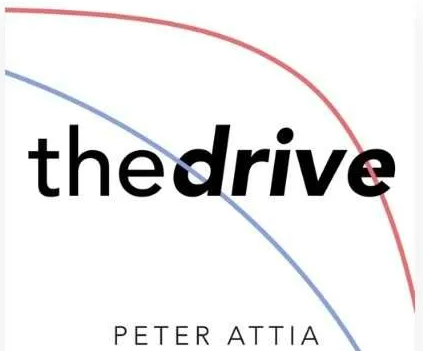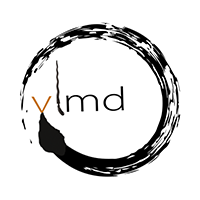It was raining and the amusement ride that is the Pot-holed Roads of Boston was mildly entertaining. It was a familiar route and I navigated the potholes like an expert video gamer (disclaimer: aside from playing Pac-man once, I have never played a video game). I was listening to a podcast to make my commute less tedious. Impervious to rain, sleet, potholes, something the podcast guest said disturbed me so much that I almost swerved into a pole…

Dr. Thomas Dayspring is a well-known lipidologist who has made the rounds as a podcast guest and presenter in numerous academic settings. As the former Associate Editor of the Journal of Clinical Lipidology he has shared his rigourous standards (“I will instantly reject a paper with improper lipid metrics”) and does not tolerate “ignoramuses” lightly.
His landmark 7 hour interview with Dr. Peter Attia on the latter’s podcast, the Drive, was pitched as a deep dive into cholesterol and lipoproteins. Its aim was to elevate lipid science education amongst doctors including those doing lipid fellowships, primary care physicians and cardiologists. It was also meant to inform the general public. As a trained surgeon, Dr. Attia’s approach to lipid science relies on Dr. Dayspring’s knowledge base (according to him, he has brought Dr. Dayspring on to consult on “complex cases” in his practice) and he credits Dr. Dayspring with helping him navigate the complexities of the field.
I was asked by friends and colleagues what I thought of Dr. Attia and his take on cholesterol. Since Dr. Attia’s approach was heavily influenced by Dr. Dayspring, the 5 part lipid series with Dr. Dayspring seemed like the logical place to start. Word on the street was that they both supported the use of an advanced lipid panel for evaluation of cardiovascular risk. Since this is my own approach, I fully expected to agree with most of their discussion and to learn details that would help me understand lipid science better.
Once the hour long interview on Dr. Dayspring’s life and career was over, they dived into the science—and that is when I almost drove into the pole. His assertion that lipoproteins’ main function was to carry phospholipids to cells astounded me. Right when I was recovering my breath, he launched into a fascinatingly fuzzy description of lipid rafts. I was hooked.
What I had imagined would be a routine, boring task of summarizing my take on the interview to my friends became a labyrinthine task of following the trails of Fuzzy Science to their dead ends. Since hundreds of thousands of people around the world had heard the interview, I felt the urgency of clarifying some important points. I decided to devote a whole episode of my podcast to this.
Lipid science is complex, ever-evolving and context-driven. My own knowledge base of the field is rudimentary and my comments and clarifications were on the fundamentals and basic 1st principles of science. When I was done recording, what I had thought was a 45 minute episode revealed itself to be 2 hours long. I was tempted to cut it down but it seemed unfair to devote only 45 minutes to a 7 hour interview. Rather than a reactionary episode, I wanted to align myself with the distinguished doctors’ intentions of a “deep dive into the science” and cutting down the episode would go against that intention. For those who have less time for listening, I have selected highlights from my review which I will publish in a playlist on vlmd rounds on YouTube. The YouTube version of Episode 53 also includes slides showing my references, excerpted transcripts from the Dayspring interview and summaries of my clarifications.
In the end, the main takeaway I have from listening to the interview is the knowledge disparity between science and medicine. This episode is not meant to showcase individual fallibilities; rather it provides examples of how medical education fails us. Focused on rote learning and memory, it leaves behind critical thinking and 1st principles. We are rewarded for spitting out memorized facts rather than insights into the implications of those facts. We celebrate getting our metrics right, obsess over correlations and observations—all while ignoring mechanistic insights and systems thinking.
I hope, after listening to Episode 53, you will be sobered by the paucity of our scientific education in medicine and better appreciate how this lack affected our handling of the COVID-19 pandemic and ongoing chronic diseases today.
